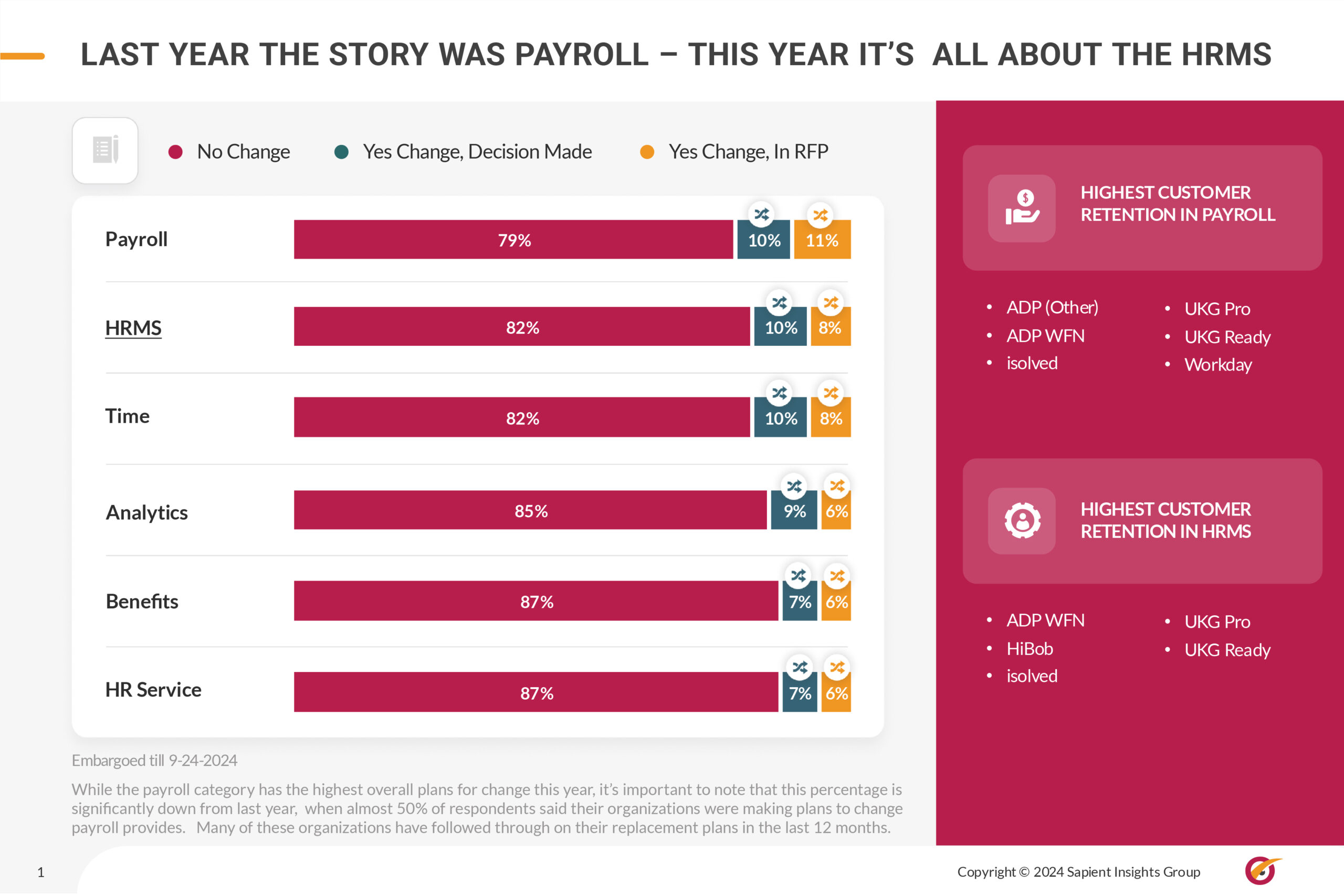Jobs requiring digital skills grew in 2018, but are getting harder to fill
- HRM Asia Newsroom

The number of PMET (professionals, managers, executives and technicians) jobs in Singapore for Software, Web and Media developer positions grew nearly 50% from 4,520 job openings in 2017 to 6,700 in 2018.
This is according to JobTech, which analysed more than 550,000 jobs posted online in 2018.
Of the 6,700 Software, Web and Media developer job positions in 2018, more than 10% were open for at least 3 months while more than 5% were left unfilled for more than 6 months.
In comparison, 8% of the 4,520 Software, Web and Media developer job positions were open for at least 3 months while only 3% were left unfilled for more than 6 months in 2017.
Compared to 2017, there was a 25% increase in the number of companies hiring for Software, Web and Media developer positions, from 1,050 hiring companies in 2017 to 1,300 in 2018.
The top hirers in 2017 were Google (150 positions); NCS (70 positions); and ST Electronics (70 positions).
In 2018, Google remained at the top of the list with 370 positions, while JP Morgan (130 positions) and VISA (120 positions) ramped up their technical hiring and came in second and third.
Growing need for experienced technical professionals
This observation in the Singapore job market could be due to the growing skills gaps between PMETs and the transitioning job market.
As more organisations are looking for digital solutions and implementing automated processes, the job market calls for a larger number of technical developers in software, web and media fields.
The top sought-after skills for Software, Web and Media developer job positions that were open for more than 6 months in 2018 were:
| Skills required | Skills usage | |
| 1 | Java | Java is a general-programming language that has been widely used in the implementation of enterprise systems. Java developers are well sought-after by medium and large corporations for system and application development functions. |
| 2 | JavaScript | JavaScript is a high-level programming language for front-end developers. It has many open-sourced libraries and frameworks for developers to code out complex user-interfaces and web applications. Web developers create web interfaces that help users call on sophisticated backend queries in a simplified way. |
| 3 | C++ | C++ is an intermediate-level, object-oriented programming language. C++ developers generally work on operating systems, servers or computer hardware to handle low-level programming work. |
| 4 | User Interface Design | User interface (UI) refers to the visual display that users see and interact with when they visit a website, uses a mobile app, or access any electronic display screen. UI designers work on both the graphic design as well as the placement of interactive elements on the visual display, in a way that intuitively guides users towards the intended content with visual cues. |
| 3 | Python | Python is a high-level, general-programming language that is gaining popularity with rapid prototype developers. Python developers apply their skills in a wide range of job functions, including data analysis; rapid prototyping; web application development; as well as data visualisation. |
Across all PMET job positions in Software, Web and Media Development, the top 10 most sought-after skills are:
| Top 10 skills required | Skill Type | |
| 1 | Java | Technical |
| 2 | JavaScript | Technical |
| 3 | Web Services | Domain knowledge |
| 4 | HTML4/HTML5 | Technical |
| 5 | C++ | Technical |
| 6 | CSS2/CSS3 | Technical |
| 7 | C# | Technical |
| 8 | UNIX/LINUX | Domain knowledge |
| 9 | Python | Technical |
| 10 | Cloud Services | Domain knowledge |






